Mr. Tran Hau Ngoc, Vice Chairman of the National Committee for Standards, Metrology and Quality, spoke to the press at the regular press conference of the Ministry of Science and Technology - Photo: VGP/TG
At the regular press conference of the Ministry of Science and Technology on the afternoon of August 5, Mr. Ha Minh Hiep, Chief of Office of the Ministry of Science and Technology, said that in the context of the development of the electric vehicle market in Vietnam, leading to urgent requirements for charging infrastructure systems, the authorities realized that there must be stricter management of electric vehicle charging stations/pillars.
Therefore, the Ministry of Science and Technology has coordinated with the Ministry of Industry and Trade to develop the National Technical Regulation (QCVN) on electric vehicle charging stations. The draft regulation is built according to 8 methods of strictly managing charging stations when they are introduced to the market in the coming time.
Sharing more clearly, Mr. Tran Hau Ngoc, Vice Chairman of the National Committee for Standards, Metrology and Quality, said that the Ministry of Science and Technology has organized research on regulations, international experience, international standards, and surveyed production, assembly, import, trading and testing units in the three regions of the North, Central and South to develop a draft national technical regulation (QCVN) on electric vehicle charging stations.
The Ministry of Science and Technology has sent the draft QCVN to ministries, localities and enterprises for comments. After the process of synthesizing, receiving and processing comments from agencies, units and enterprises.
"Currently, the Ministry of Science and Technology has completed the draft QCVN to issue to serve state management and business and production activities of enterprises," said Mr. Tran Hau Ngoc.
According to regulations, standards are mandatory legal technical regulations issued by competent state agencies, standards set specific limits that products, services, and activities must comply with - to protect public health, social safety, and the environment. Failure to comply with standards may result in penalties for organizations and individuals according to legal regulations.
Meanwhile, standards are voluntary regulations. Developed and issued by standardization organizations, standards are considered as "technical guidelines" to help businesses, organizations and individuals improve the quality of products and services, ensure consistency, save costs and facilitate trade....
Previously, the Ministry of Science and Technology announced 23 national standards (TCVN) related to electric vehicle charging stations/posts, specifically: 8 TCVNs on Electric vehicle charging station/post system (stipulating general requirements, electromagnetic compatibility, communication between charging posts and electric vehicles, safety requirements for charging post installation systems, switching and voltage reduction control units in electric vehicle charging areas); 3 TCVNs on electric vehicle charging cables; 7 TCVNs on switching and plug sockets for electric vehicle charging stations/posts; 5 TCVNs on Electrical measuring equipment.
These standards are built on the basis of complete equivalence with international standards of the International Organization for Standardization (ISO), the International Electrotechnical Commission (IEC) and regulations of the European Commission (EC/ECE/EU).
To develop standards for electric vehicle charging stations, the Ministry of Science and Technology has established National Standards Technical Committees related to the development of standards for electric vehicle charging stations/posts. Members of the Technical Committees come from state management agencies, enterprises (domestic and foreign), associations, universities, experts... with expertise and experience in the field of electric vehicle charging stations/posts and electric vehicles.
Technical Committees are established and operate according to the model, organization and operation of the International Organization for Standardization (ISO), complying with international principles and practices in standards development.
According to VGP
Source: https://baothanhhoa.vn/sap-co-co-quy-chuan-quoc-gia-ve-tru-sac-xe-dien-257064.htm


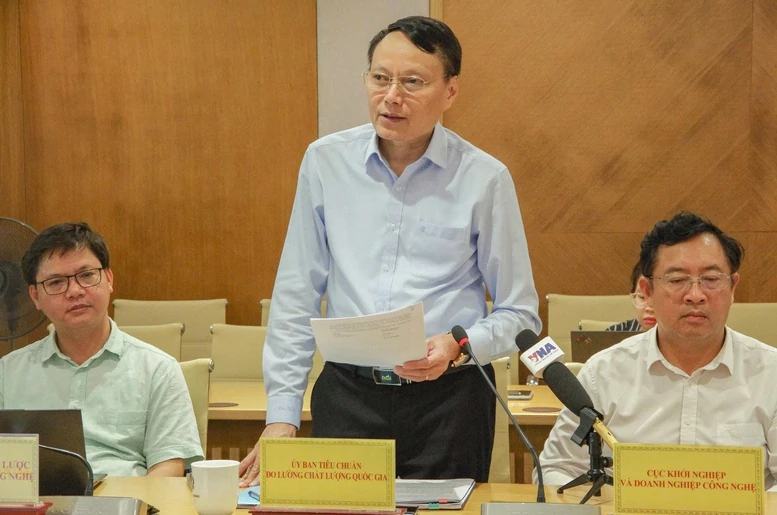




















![[Photo] Nghe An: Provincial Road 543D seriously eroded due to floods](https://vphoto.vietnam.vn/thumb/1200x675/vietnam/resource/IMAGE/2025/8/5/5759d3837c26428799f6d929fa274493)




![[Photo] Discover the "wonder" under the sea of Gia Lai](https://vphoto.vietnam.vn/thumb/1200x675/vietnam/resource/IMAGE/2025/8/6/befd4a58bb1245419e86ebe353525f97)


























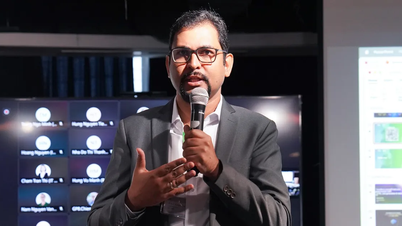



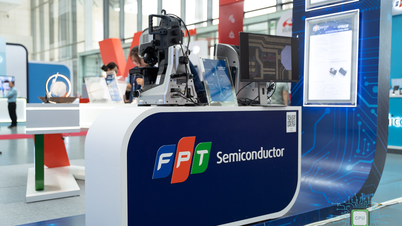




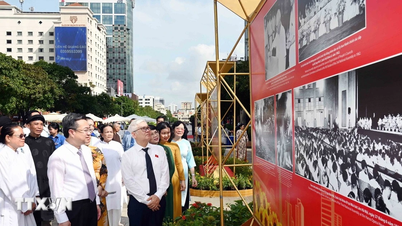


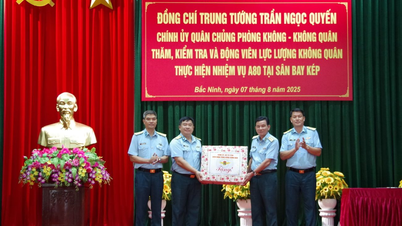


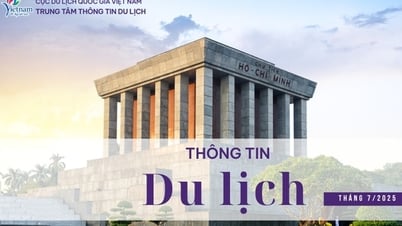

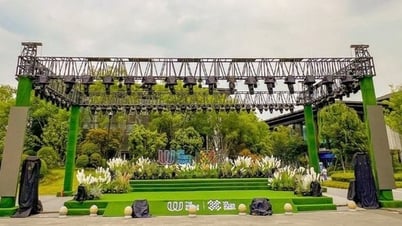
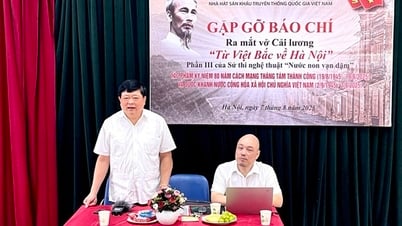






















Comment (0)